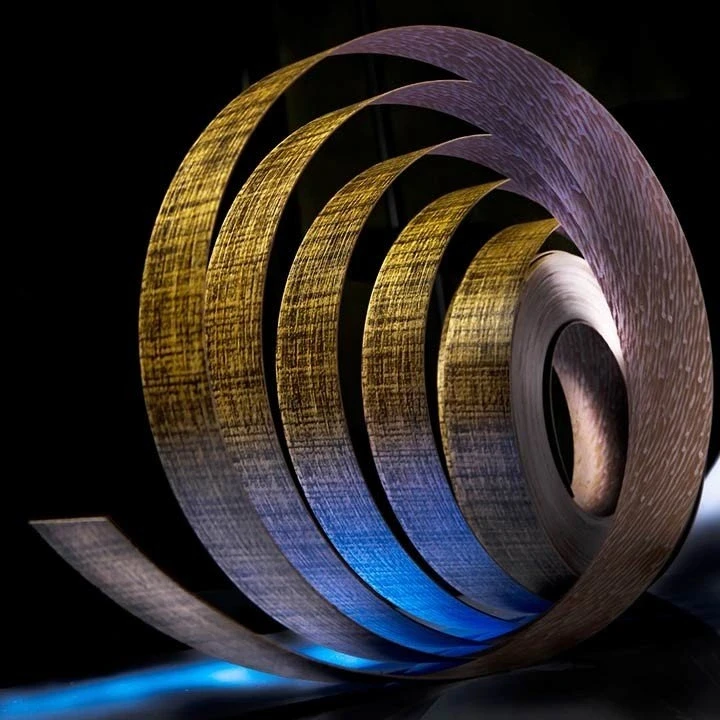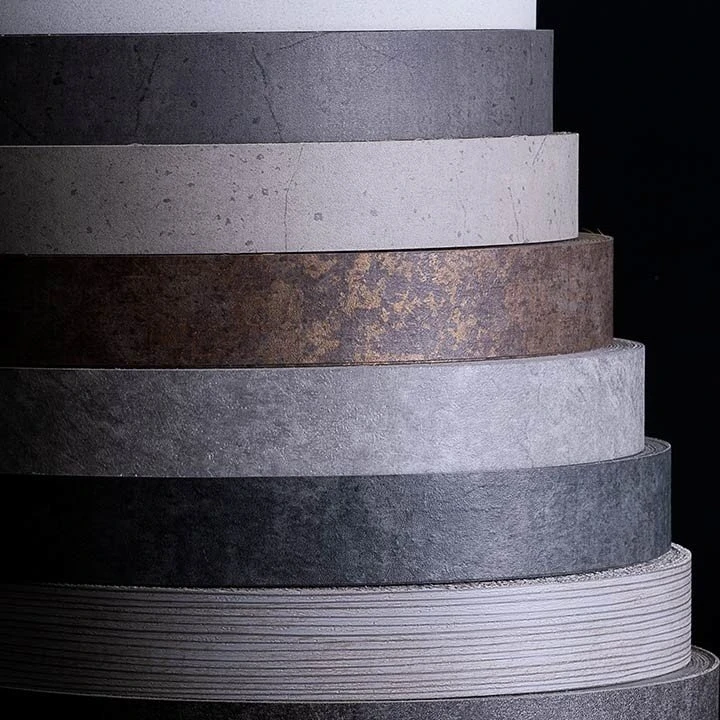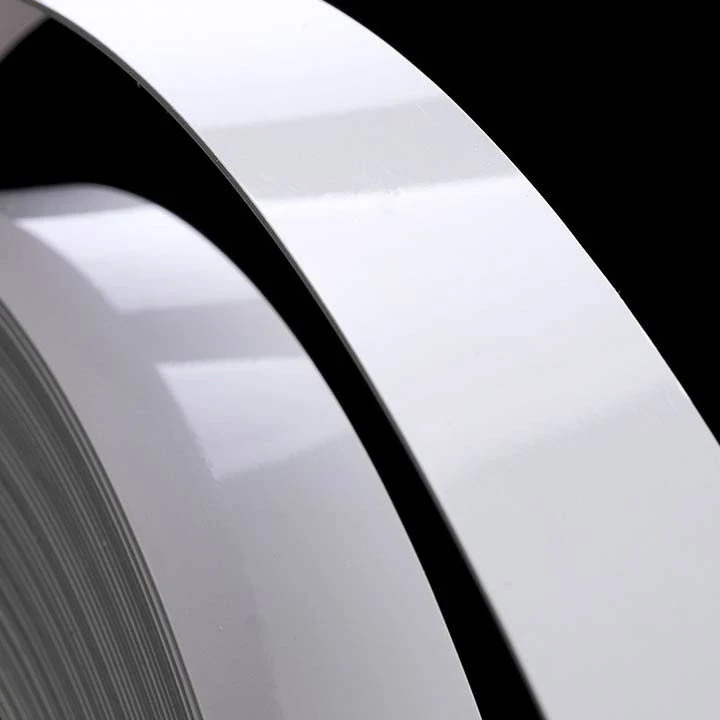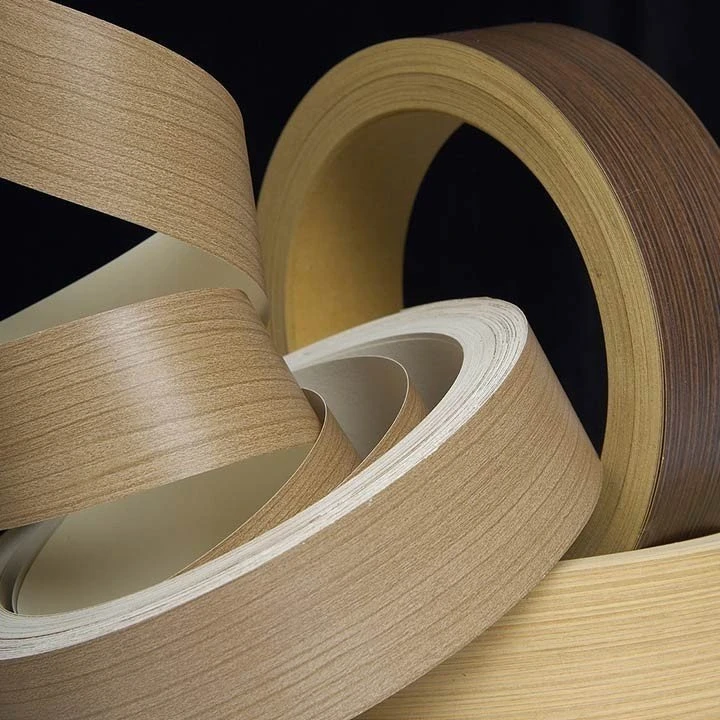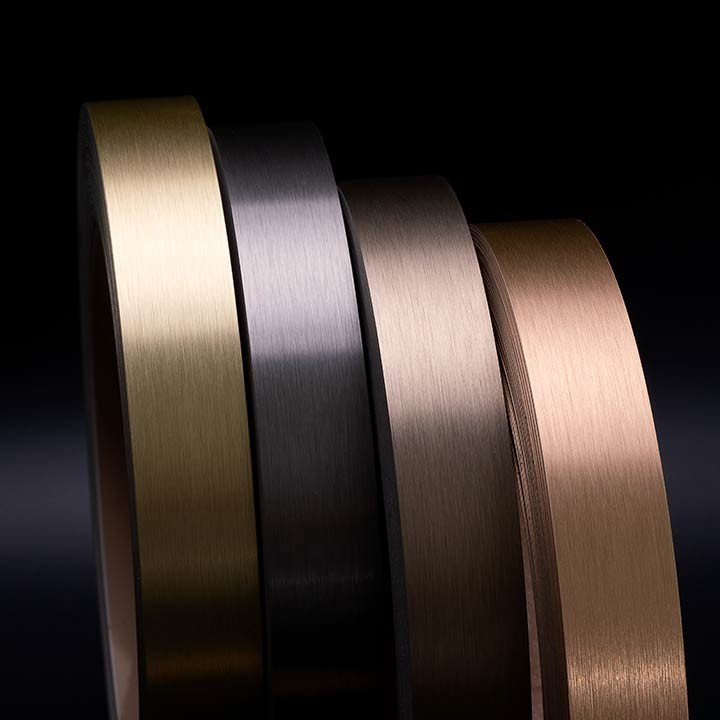It's Time to Change How We Think About PP Edgebanding
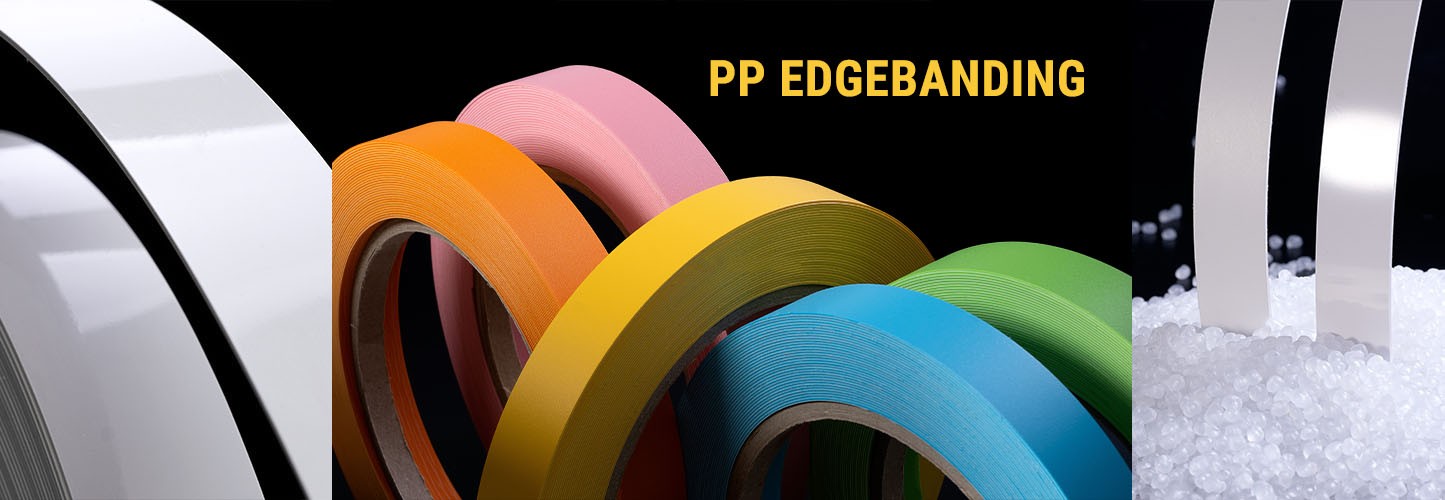
The main reason? Misinformation. Many furniture makers still prefer PVC (Polyvinyl Chloride) edgebanding, not because it is better, but because they are used to it. It’s time to clear up the confusion and show why PP can be an alternative choice.
Bringing PP Edgebanding to the Market
For the last two years, we have worked hard to introduce PP edgebanding in Turkey. We have had some success, but many people still prefer PVC. This is not because PP doesn’t work well—it’s because of misunderstandings about the material.
To make a better marketing, we had renamed it as hybrid PP edgebanding. Our hybrid edgebanding is made by mixing PP with calcium carbonate and processing it with special machines. It has already replaced PVC and ABS (Acrylonitrile Butadiene Styrene) in many cases. But because PP costs about the same as PVC, many people are unsure if they should switch. Now, let’s talk about why PP is the better choice.
Why PP is the Best Option
PP is the cleanest and most eco-friendly plastic in the world. Everyday items like yogurt containers and toothpaste tubes are made from PP because it is:
• Better for the environment – 100% recyclable and non-toxic
• Super strong – Resistant to impact, water, and heat
• Safe to use – Used in food packaging with no harmful chemicals
• More price-stable – Costs stay steady, even during events like COVID-19
• Easy to work with – Requires less energy to process than PVC or ABS
PP, PVC, and ABS Comparing;
| Feature | PP (Polypropylene) | PVC (Polyvinyl Chloride) | ABS (Acrylonitrile Butadiene Styrene) |
|---|---|---|---|
| Eco-Friendliness | ✅ 100% recyclable, non-toxic | ❌ | ✅ |
| Health Safety | ✅ Safe for food packaging | ❌ Can release harmful chemicals over time | ✅ Safer than PVC, but still has chemicals |
| Durability | ✅ Highly resistant to impact and wear | ✅ | ✅ |
| Water Resistance | ✅ Excellent | ✅ Good | ✅ Good |
| Heat Resistance | ✅ Handles high temperatures well | ❌ | ✅ Resists heat, but may warp |
| Flexibility | ✅ Stays flexible, doesn’t crack | ✅ | ❓ |
| Price Stability | 💲 | 💲💲 | 💲💲💲 |
| Processing Ease | ✅ Easy to work with, saves energy | ❌ Needs special handling due to chlorine | ❌ Harder to process than PP |
| Whitening of edges | ❌ in dark colors | ✅ | ✅ |
The only disadvantage of PP is the whitening of edges on dark colors. This can be fixed with correct tooling and polishing.

The Future of Edgebanding: Time to Accept to Work with PP if Available
PP edgebanding is the future of the furniture industry. It is safe, durable, eco-friendly, and has stable pricing. The industry must understand that switching from PVC and ABS to PP is not just a good idea—it’s a must for a healthier and more sustainable future.
We hope that the industry gradually will understand and start using PP edgebanding in some of their productions.
If you need more information or samples, please just send us an email.

